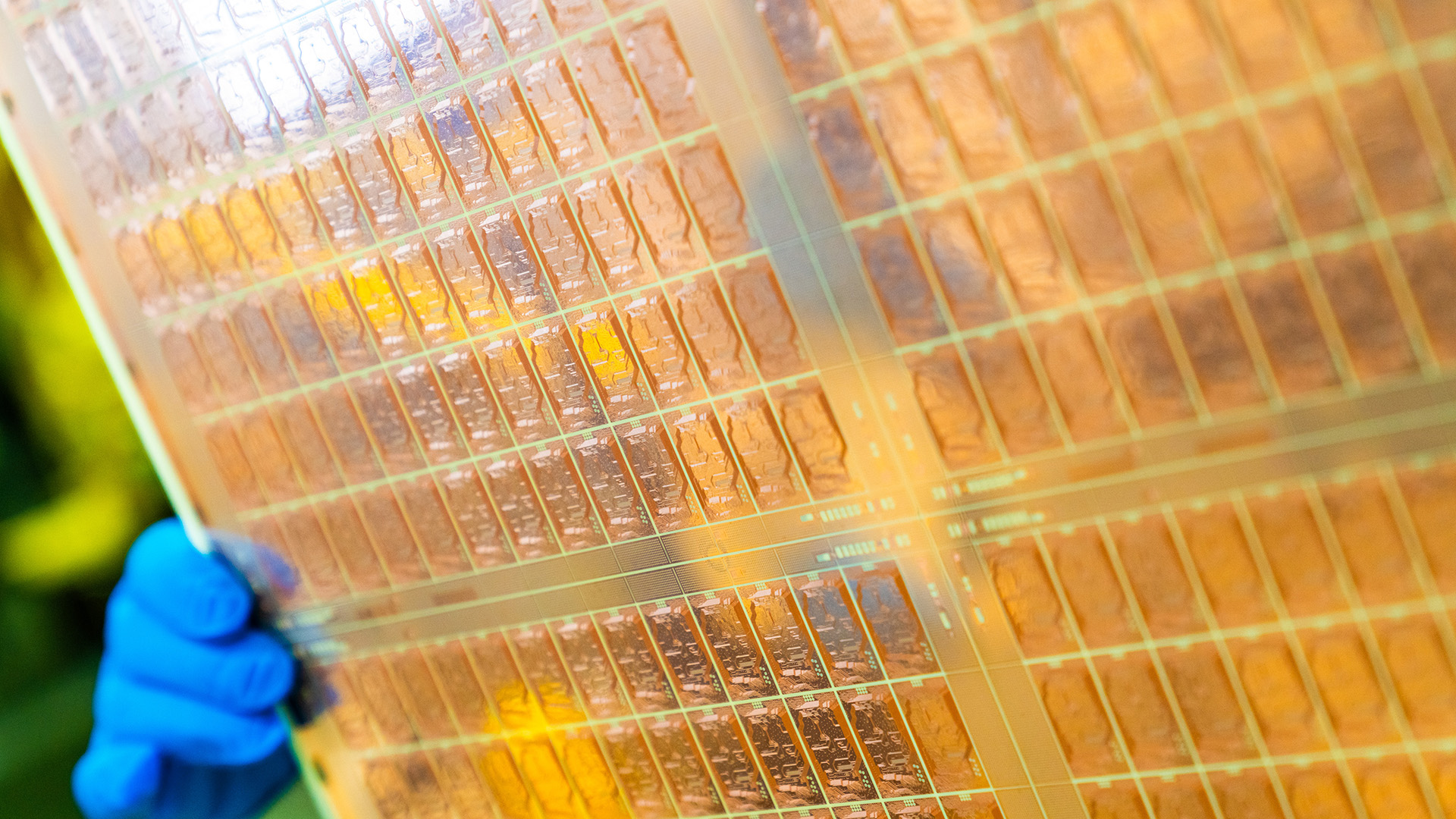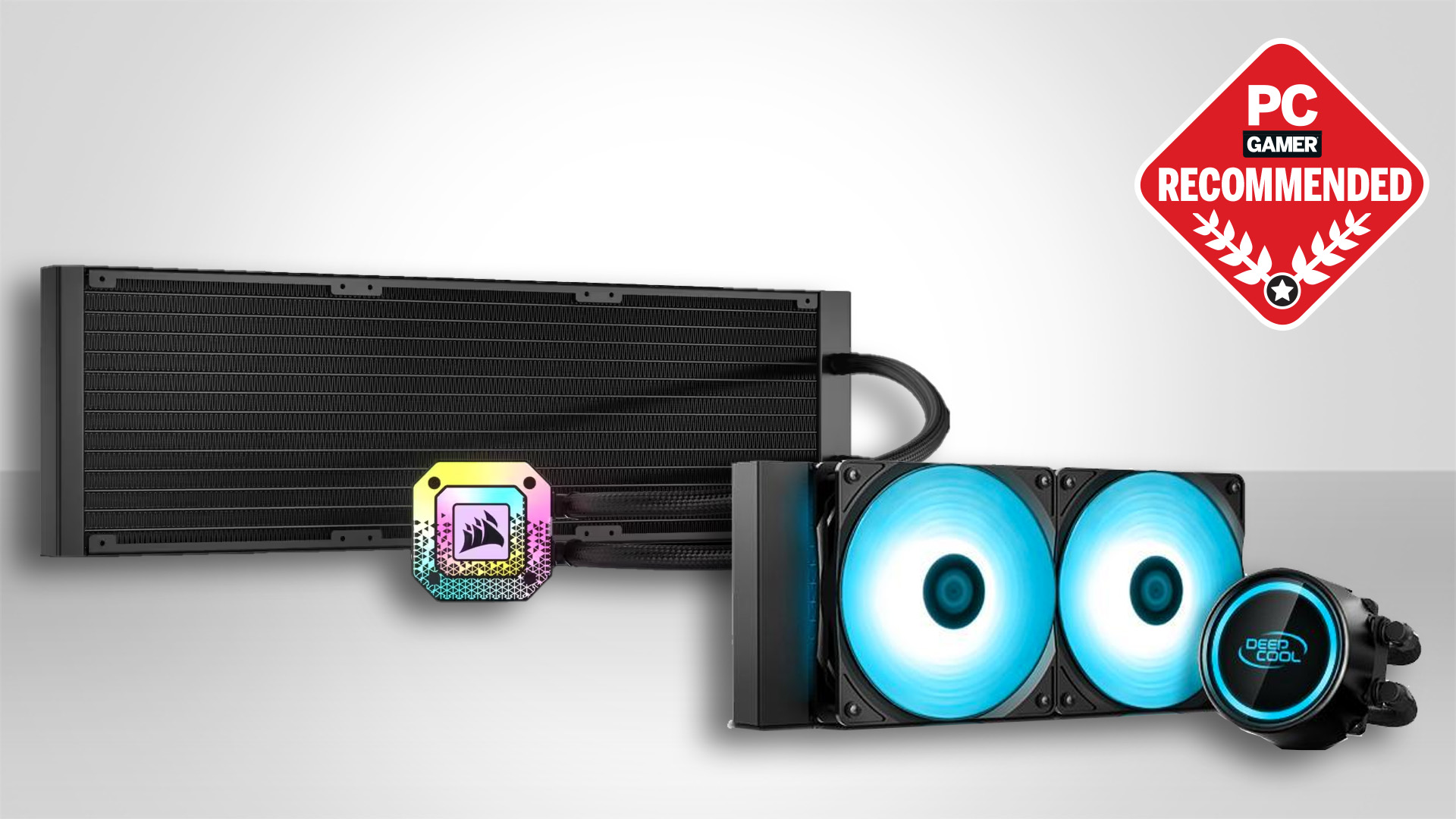
Chip and substrate fabrication might not be the most exciting topic in the world, but when it could lead to significant performance and efficiency improvements, you'd better bet I'm here for it. So, I'm certainly excited by the news that, according to Business Korea (via Tom's Hardware), AMD is "planning to introduce glass substrates between 2025 and 2026."
Why is this important? Because slapping chips on top of a glass substrates rather than organic ones for chiplet-to-chiplet and chip-to-motherboard communication has all kinds of benefits. We reported in September that Intel is already planning on using glass substrates which has benefits such as "allowing for more chiplets in a smaller footprint, higher interconnect density, faster IO, higher power efficiency, and larger package sizes."
In essence, glass substrates are flatter, more durable, and allow for easier lithographic insertion of more (and more densely packed) interconnects. In AMD's case, chiplet-to-chiplet and chip-to-motherboard interconnects form part of its now-staple Infinity Architecture. So, if AMD hasn't patented "Infinity Glass," it should probably do so now.
According to TrendForce (via Wccftech), AMD is already "conducting performance evaluation tests on glass substrate samples from several major global semiconductor substrate companies, intending to introduce this advanced substrate technology into semiconductor manufacturing." But while AMD might be evaluating samples, this doesn't mean all the semiconductor substrate companies are near to mass production.
2025 or 2026 seems very soon for AMD to introduce glass substrate chips to the market, but this would align with at least one semiconductor substrate manufacturer's stated timeframe. Samsung aims (via Wccftech) to begin its own glass substrate production by 2026 and has reportedly already started R&D. Intel, too (via Wccftech), seems to be looking towards 2026 for glass substrate mass production. Perhaps AMD could look to Samsung to fulfil its glass quotas for its supposed initial 2025 or 2026 timeframe, then.

Best AIO cooler for CPUs: Keep your chip chill.
Best air cooler for CPUs: Classic, quiet cooling.
Whenever glass substrates do end up coming to market, we can be pretty confident they won't initially feature in the best gaming CPUs—or any other regular desktop chips, for that matter. This is because glass substrates for now only seem to be really beneficial for big, multi-chip packages.
While AMD's all for chiplet designs in its gaming processors, it will probably make more sense to deliver the newest fabrication technologies over to AI and HPC datacentres. In AMD's case, this will be its EPYC lineup which features more than just the couple of interconnected CCDs (chiplets) that you're liable to find in a desktop Zen CPU. The next generation of EPYC processors, however, is set to use regular organic substrates, so there will be a slim window for the 2025 or 2026 prediction to become accurate.
Keep up to date with the most important stories and the best deals, as picked by the PC Gamer team.
Whatever the case, it's good news that AMD, as the king of modular processor designs, seems to be moving quickly towards this new fabrication technology which will hopefully filter down into our gaming processors before too long.

Jacob got his hands on a gaming PC for the first time when he was about 12 years old. He swiftly realised the local PC repair store had ripped him off with his build and vowed never to let another soul build his rig again. With this vow, Jacob the hardware junkie was born. Since then, Jacob's led a double-life as part-hardware geek, part-philosophy nerd, first working as a Hardware Writer for PCGamesN in 2020, then working towards a PhD in Philosophy for a few years while freelancing on the side for sites such as TechRadar, Pocket-lint, and yours truly, PC Gamer. Eventually, he gave up the ruthless mercenary life to join the world's #1 PC Gaming site full-time. It's definitely not an ego thing, he assures us.

